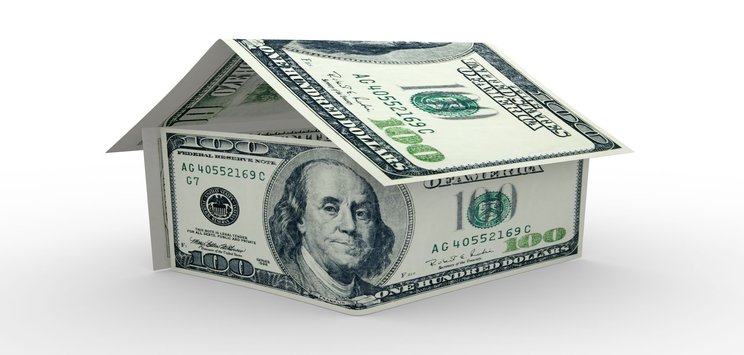
Utilize Your Equity to Pay Off Credit Cards
By
Homeowners who feel bogged down by credit card debt aren’t alone: The average American household has a whopping $15,000 in revolving credit card debt with an average interest rate of 15%. Most of them have multiple credit cards and find themselves struggling to keep up on payments that make any sort of dent in their overall credit balances. Many can’t make anything but the minimum payments, and at that rate, it’ll take them nearly 15 years to pay off that credit card debt: and that’s only if they stop utilizing their credit cards completely.
There is Hope in the Home
Homeowners may feel hopeless in their fight against credit card debt, but they don’t have to. They’ve got a tool in their arsenal that they may not have even thought about using: their equity.
With each and every payment made to the mortgage company, a homeowner’s equity increases bit by bit. The equity—or the percentage of the home and property that the homeowner actually owns—is as good as cash, and when it’s utilized correctly, it can help to redirect even the most debt-logged consumer down a path of financial freedom.
Use It Right
Utilizing your equity in the right way is critical to making it work for you and not against you. After all, while the equity exists whether or not it is in use, most folks don’t understand that the majority of people don’t utilize their equity until it’s too late; when they’re forced to sell their home because they feel hopeless or are forced to because they’ve had a lawsuit filed against them by a creditor.
The key is to utilize equity strategically now, not in haste later. Cashing out some of your equity while mortgage interest rates are low can not only land you with a nice cash payment to pay off those annoying credit card companies, but it can land you a lower payment too—and perhaps even get your closer to home ownership faster.
So what’s the key? First, decide how much cash will be taken from the equity. Paying off double-digit interest rate creditors by rolling that debt into the mortgage at a low, single-digit interest rate is an automatic money saver.
Next, match or lower the mortgage term. If the homeowner has 15 years left on their mortgage, it is critical that you get as close to that number in your refinance as possible—or, if possible, make that number even smaller. While it is possible to refinance a mortgage to another 30-year term, doing so is counterproductive to financial freedom. No one wants to continue to pay for their home into retirement.
The Sweet Spot
Once a homeowner has cashed out enough of their equity to pay off credit cards and matched or lowered their mortgage term, they will have successfully eliminated credit card payments and find themselves in a sweet spot with one low monthly mortgage payment. What’s better is that they’ll own their home faster and be able to live life to its fullest in the meantime.
Want to find your own sweet spot by paying off credit card debt and getting your mortgage paid off faster? Call one of NLC Loans’ personal mortgage advisors today toll free at 877-480-8050 or contact us here for a free mortgage evaluation. They can help you find the perfect strategy that’ll leave more money in your pocket now and help your save thousands














 newsletter no longer available
newsletter no longer available